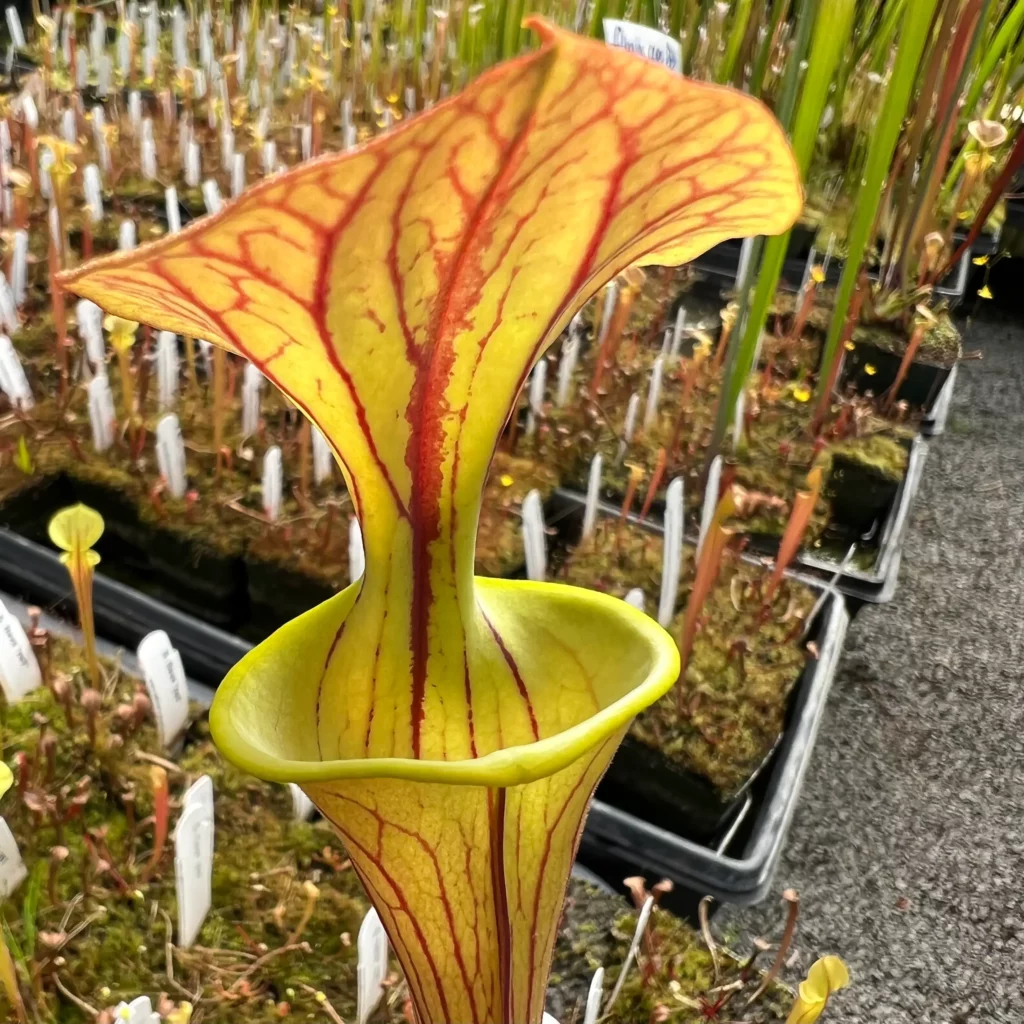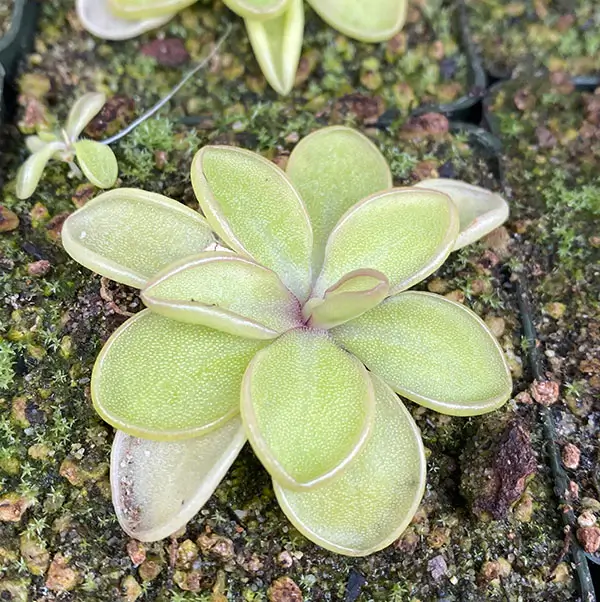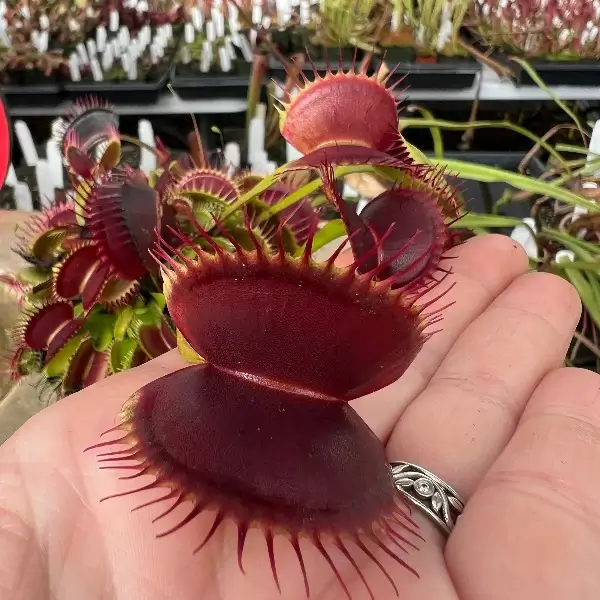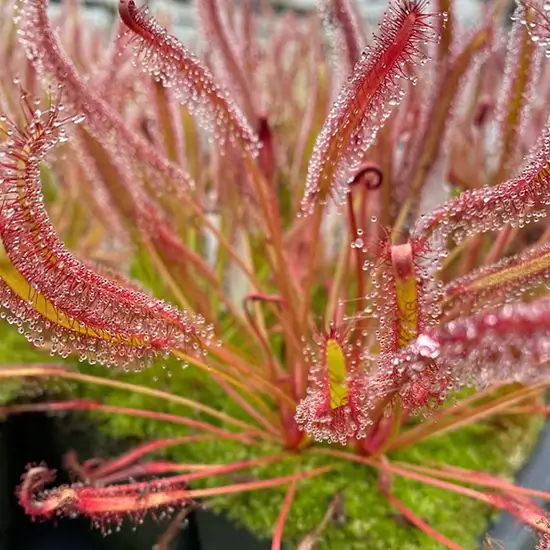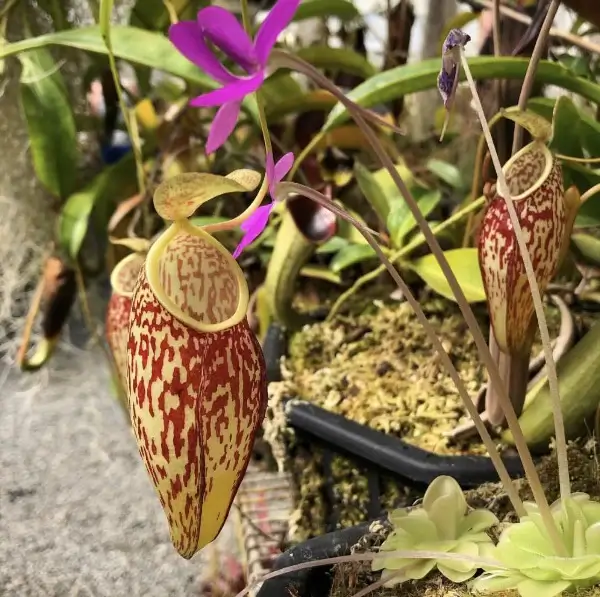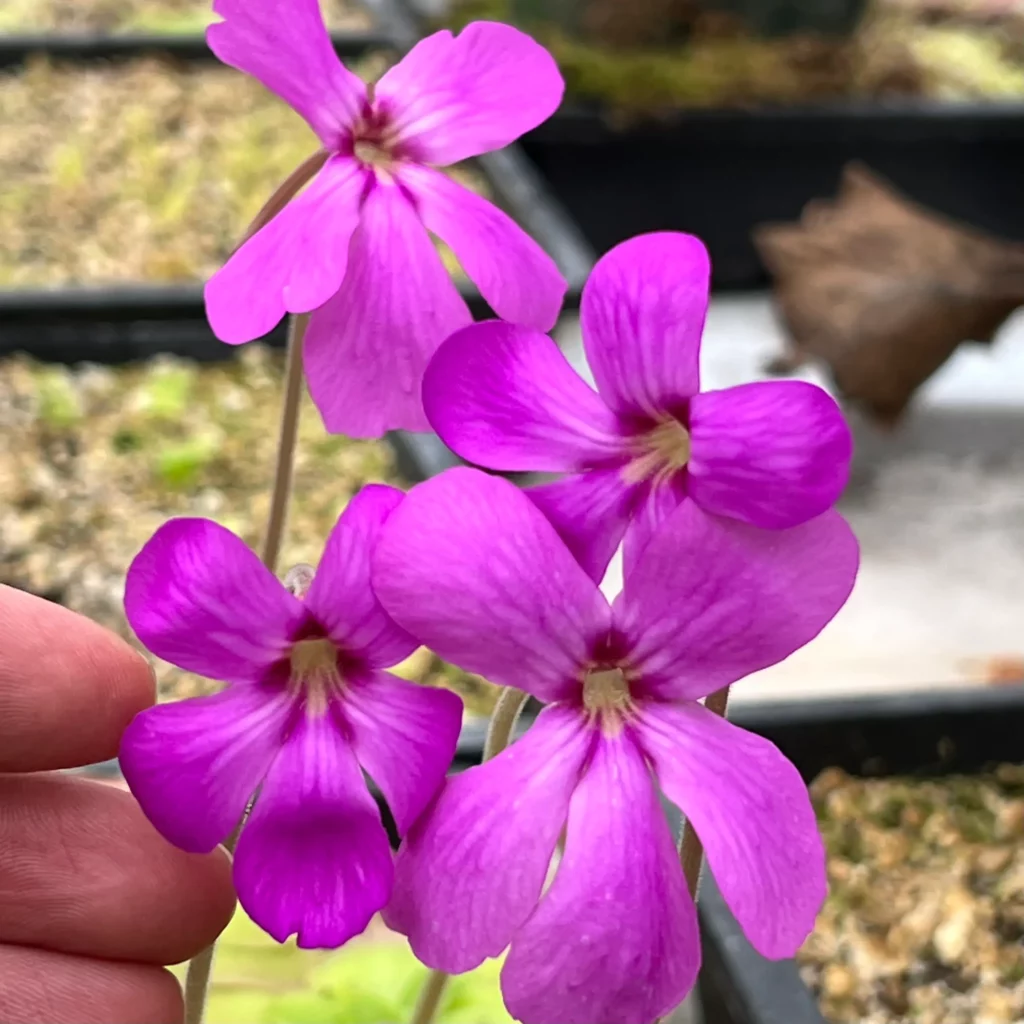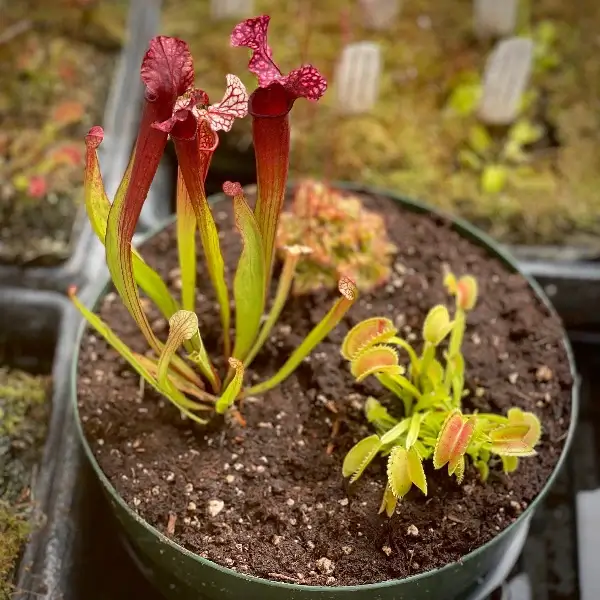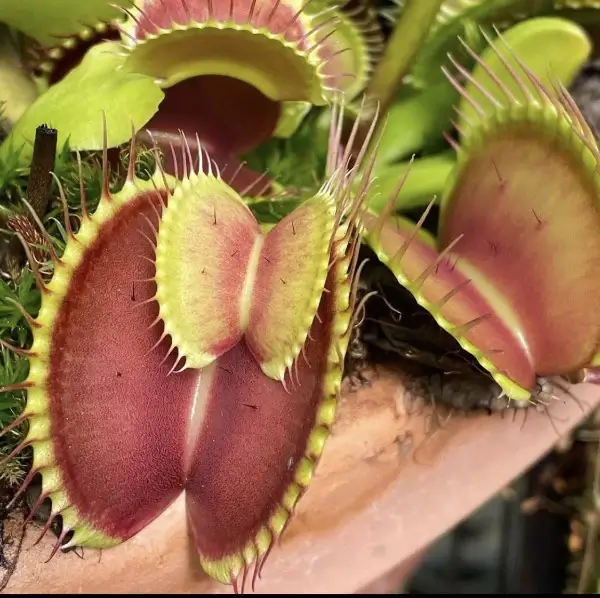Carnivorous Plants for Sale Near Me
Are you looking to add some uniqueness to your garden? Something that will not only add a touch of exotic to your space but will also be a conversation starter? Look no further than carnivorous plants! These fascinating plants have evolved to attract, trap, and digest prey, making them the ultimate botanical predators.
But where can you find these elusive plants for sale near me? In this article, we’ll delve into the world of carnivorous plants, exploring their different types, care needs, and where to find them.
What are Carnivorous Plants?
Carnivorous plants are plants that have adapted to survive in environments with low-nutrient soil by capturing and digesting insects, spiders, and even small animals like frogs and mice. There are over 600 known species of carnivorous plants, each with their unique mechanisms for capturing prey.
Here are some of the most common types of carnivorous plants:
- Venus Flytrap: The Venus Flytrap is perhaps the most well-known carnivorous plant, with its iconic “jaws” that snap shut when triggered by a trigger hair.
- Nepenthes Pitcher Plants: Pitcher plants have a deep cavity filled with digestive enzymes that trap insects that crawl inside.
- Sundews: Sundews have sticky hairs on their leaves that trap insects, which they then digest.
- Bladderworts: Bladderworts have small, bladder-like structures that trap and digest small aquatic organisms like water fleas.
How to Care for Carnivorous Plants
Caring for carnivorous plants is a bit different from caring for your typical houseplant. Here are some things to keep in mind:
- Water: Most carnivorous plants require distilled or rainwater since tap water can be too high in minerals that can damage the plant. Never let the soil dry out completely, but also avoid letting the plant sit in standing water.
- Light: Most carnivorous plants require plenty of bright, indirect sunlight, but be careful not to expose them to direct sunlight, which can scorch their leaves.
- Soil: Carnivorous plants require a special soil mix that is low in nutrients, as too many nutrients can harm the plant. Buy the right soil for carnivorous plants here
- Feeding: While carnivorous plants do capture prey, they don’t necessarily need to be fed. However, if you want to supplement their diet, you can feed them live insects like crickets or mealworms.
Where to Find Carnivorous Plants for Sale Near Me
Now that you have some information about carnivorous plants and how to care for them, where can you find carnivorous plants for sale near me? Here are a few options:
- Local Nurseries: Check out your local nurseries or garden centers, as they may carry a selection of carnivorous plants.
- Online Retailers: There are plenty of online retailers that specialize in carnivorous plants and offer a wide variety of species.
- Plant Shows: Look for plant shows or expos in your area, as these events often feature vendors selling carnivorous plants.
FAQs
- Are carnivorous plants dangerous? No, carnivorous plants are not dangerous to humans or pets. While they do capture and digest prey, they are not large enough to harm anything bigger than an insect.
- Can carnivorous plants be grown indoors? Yes, many carnivorous plants can be grown indoors, as long as they receive plenty of bright, indirect sunlight.
- Do carnivorous plants require special soil? Yes, carnivorous plants require a special soil, you can buy it here
Find a carnivorous plant nursery near me – Bug eating plant shops
Explore our interactive Carnivorous Plant Seller Map to discover nurseries and shops that sell carnivorous plants. The map is frequently updated, although we cannot guarantee the availability of a particular carnivore assortment in your area. If you notice a missing entry or wish to change/remove your address, please contact us. Before visiting any of the listed stores, we suggest you inform yourself in advance. Check out the carnivorous plant map now and find your favorite carnivorous plants for sale.
Check out the Carnivorous Plant Club Blog

